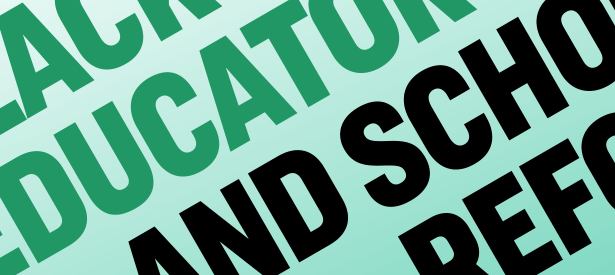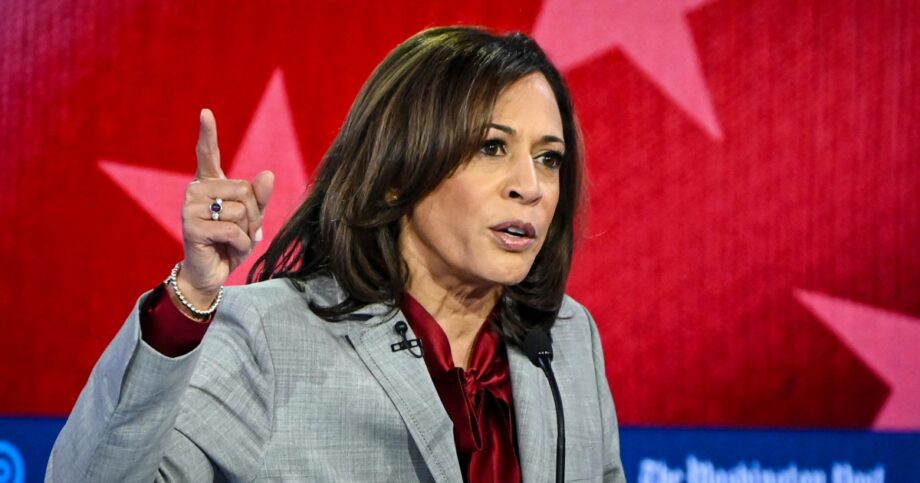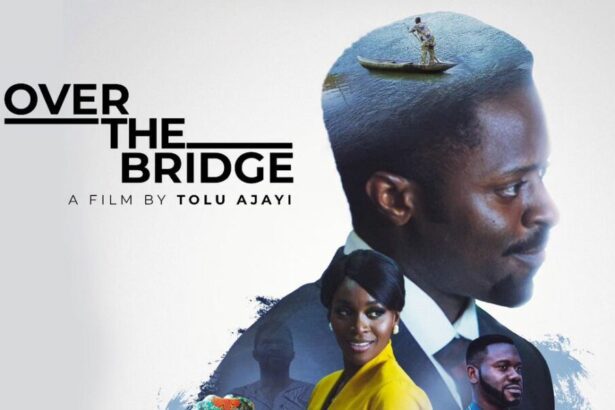“Since when does the vice president have what sounds like a Southern accent?” Fox News correspondent Peter Doocy asked at the White House’s daily press briefing Tuesday. He was referring to Labor Day speeches Vice President Kamala Harris gave to union audiences in Detroit and Pittsburgh where the candidate sounded like, well, Kamala Harris.
White House press secretary Karine Jean-Pierre rightly labeled the question “ridiculous” and “insane.”
White House press secretary Karine Jean-Pierre rightly labeled the question “ridiculous” and “insane,” but more fundamentally, Doocy’s question was inappropriate: Jean-Pierre, in her capacity as a federal employee, cannot weigh in on political campaigns. She has no say in what Harris says on the trail or how she sounds when she says it.
But Doocy didn’t just ask the question in the wrong place and demand an answer from the wrong person. He revealed his belief that a Black person sounding like a Black person is the same as a Black person sounding Southern. I’m Black, I’m Southern, and I’ve been told more than once that I sound like I’m neither. I’ve always been struck by the arrogance of people like Doocy — and there are plenty of them — who presume to be the experts on how Black people in the United States (whatever region they’re from) are supposed to sound. (“If anybody had asked me, I’d’ve said I was talking to a white man!” a white Southern politician told me 45 minutes into a phone interview.)
By questioning how this daughter of Jamaican and Indian immigrants sounds, people such as Doocy are returning to one of the most obnoxious ideas of this campaign: that Harris’ Blackness is a costume and not an identity. But Harris, who says her Indian mother raised her and her sister from birth as Black girls, hasn’t given us any reason to doubt what she told The Breakfast Club in 2019: “I’m Black, and I’m proud of being Black, and I was born Black, I will die Black.”
Presuming how a Black person is supposed to sound is to suggest that being Black is a person’s only identity. When I was learning to talk as a child in Mississippi, my mother, a summa cum laude HBCU graduate-turned-English teacher, consistently corralled my speech to the point that I couldn’t help but use standard grammar and pronunciations and to enunciate my words sharply. Harris, a Black and Indian woman, is a prosecutor and politician who was raised in California and pledged the country’s oldest Black sorority at one of the nation’s flagship HBCUs. There’s more to her than that, but all of those things factor into who she is, how she sounds and how she chooses to sound.
“People are not used to listening to someone like her and particularly not used to listening to someone like her in a position of power,” Nicole Holliday, acting associate professor of linguistics at the University of California — Berkeley, told me in a Thursday phone interview. “She sounds Black. She sounds professional. She sounds like a woman. She sounds Californian, all of these things. And she pretty much consistently does. If you’re listening to her, she consistently sounds like all those things.”
On her website, Holliday shares her interest in the field of sociophonetics. She writes that she is “specifically interested in how people use linguistic variation to perform and construct their social identities and to understand the identities of others through differences in their use of properties related to intonation and voice quality.”
Holliday said her interest in that field began with a fascination of how former President Barack Obama “could talk to Black people and talk to white people and move between these audiences so seamlessly.” She was studying Harris’ speech long before the vice president’s sudden rise to the Democratic nomination. In May — when President Joe Biden was still in the race — the journal “American Speech” published Holliday’s paper “Complex variation in the construction of a socio-linguistic persona: The case of Vice President Kamala Harris.”
“She sounds Black. She sounds professional. She sounds like a woman. She sounds Californian, all of these things. And she pretty much consistently does.
nicole holliday, professor of linguistics
In that paper, Holliday analyzes Harris’ “ethnolinguistic variation” in the Democratic Party primary debates in 2019 and 2020 and makes the rather surprising finding that Harris pronounces vowels a lot like Condoleezza Rice does. “Both politicians are geographically and economically mobile,” she writes, “and are motivated to appeal to pan-regional and pan-racial audiences but must do so within the confines of their already established political identities.”
Harris is scheduled to debate Republican presidential nominee Donald Trump Tuesday night on ABC.
For popular audiences, Holliday has recorded TikTok videos that address linguistics in general. One popular topic is Republicans’ many made-up controversies about Harris’ manner of speaking, such as Republican vice presidential candidate JD Vance’s claim last month that Harris “put on a fake Southern accent” in a speech.
“They don’t know what someone like her is supposed to sound like,” Holliday told me. “And that also makes her sort of a linguistic Rorschach test where you project whatever you want onto her. And this can work in her favor for people who are inclined to kind of like her anyway. But it’s also the basis of their accusations.”
The people arguing that Harris is performing — and therefore not being authentic — when she gives public speeches ignore that public speeches are performances. It’s why people practice them. It’s why giving public speeches makes people nervous. It’s why you can bomb while speaking in public — as Vance should know — and why you can kill it.
Mark Henderson, chair of the Department of Speech Communication and Theater at Jackson State University, said public speaking as a performance is a point he makes on “the first day of class.” That’s true no matter the race of the person speaking, Henderson told me, but “especially we as African Americans.”
If we don’t come off a certain way, then we don’t know how to adjust to our audience. And if we do come off a certain way, then we’re being fake. And that’s just problematic for me.”
speech communicatoin professor mark henderson
“We’re always negotiating parts of ourselves, and it’s always a performance. What some people would call maybe fake or whatever” he said, is the “ability to survive and adjust in an environment that is … not always constructive for us.”
As for people like Doocy, Henderson said, “It bothers me that you as a white person feel like you have a measuring rubric on my culture, of what it’s supposed to be. Because it’s almost like damned if we do, damned if we don’t. If we don’t come off a certain way, then we don’t know how to adjust to our audience. And if we do come off a certain way, then we’re being fake. And that’s just problematic for me.”
When I asked Henderson what public speaking tips he’d give Harris, he suggested that she might minimize “tag questions,” that is, ending declarative sentences with phrases such as “don’t you think so?” Because, he said, tag questions are associated with what he called “powerless speech.”
Holliday, who said she knew the literature Henderson referenced, disagreed and called tag questions “pro-social,” a way of “making sure the audience is with you.”
“When someone like Hillary Clinton does not do tag questions, she is painted as rude, bossy, shrill, overconfident. So you see how there’s a double bind here. If Kamala Harris uses features associated with women, then they say she sounds weak. And if she doesn’t, then they say that she’s an overconfident, arrogant b—h.”
The groundbreaking nature of Harris’ candidacy means she can’t look at anybody else as a guide. But it also means that folks like Doocy can’t point to a single person we ought to expect her to sound like. Still, whether she sounds too Black or not Black enough or too feminine or not feminine enough, the critics will be there. “There’s nothing she could do to get out of this,” Holliday said. “It doesn’t really matter how she sounds. They’re gonna find a way to attack it.”




